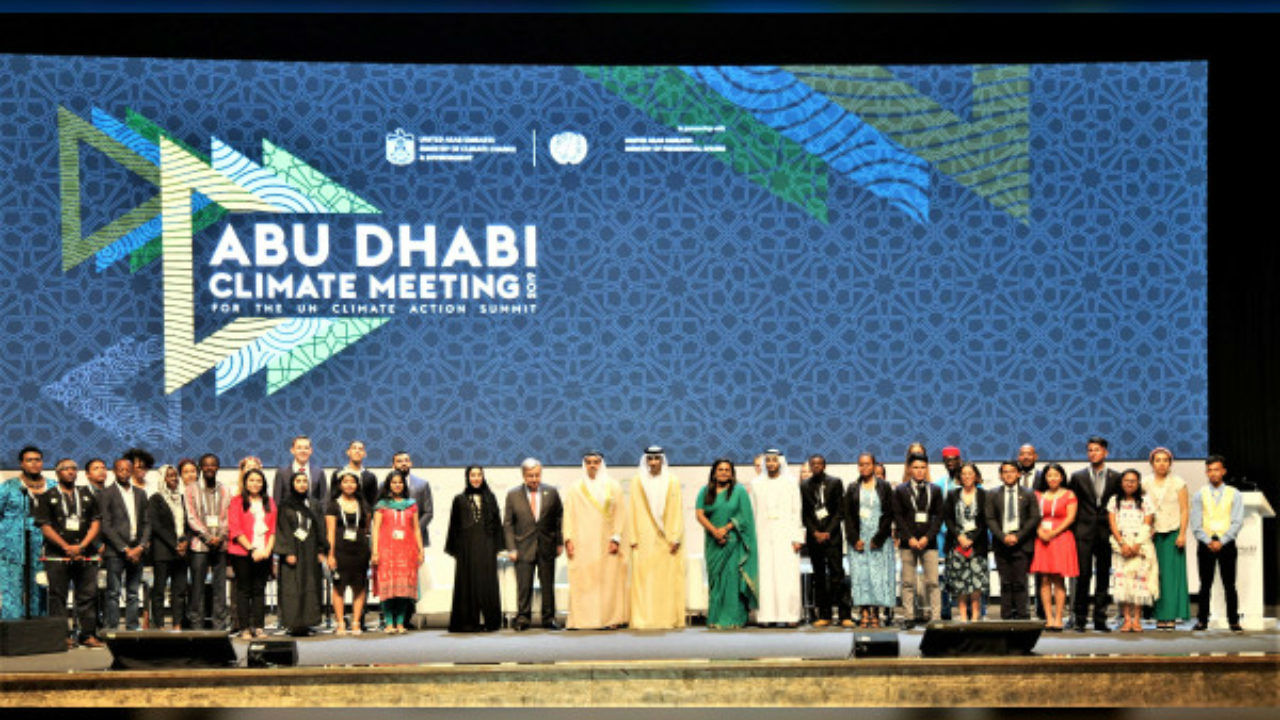Jamaica has formally requested support from the Nationally Determined Contributions (NDC) Partnership to undertake a revision process of its current NDCs.
Minister without Portfolio in the Ministry of Economic Growth and Job Creation, Senator Pearnel Charles Jr made the revelation on Sunday (June 30) in Abu Dhabi, United Arab Emirates, at the preparatory meeting for the 2019 UN Climate Action Summit to be held September 23, 2019.
He said the “NDCs are connected to the country’s national development plan and have monitoring indicators to ensure that they are integrated adequately”.
Minister Charles Jr told the gathering that the island is also assessing additional sectors of interest such as transport, waste, forestry and water. “We hope that through this process these new targets will be incorporated as we raise our ambition”.
In preparation for the Climate Action Summit, Secretary General of the United Nations, António Guterres, mandated Prime Minister Andrew Holness and President of France, Emmanuel Macron, later joined by the Emir of the State of Qatar, Sheik Tamin bin Hamad Al Thani, to lead a process of climate finance mobilization of the international donor community.
The Minister noted that on June 4, 2019, Jamaica officially joined the Coalition of Finance Minister for Climate Action, which confirms the country’s endorsement to the Helsinki Principles promoting national climate action, especially through fiscal policy and the use of public finance.
The Coalition aims at driving stronger collective action on climate change and its impacts.
Minister Charles Jr and a technical team are representing the country at the meeting, which is being attended by governments, private sector, civil society and other international organisations to develop ambitious solutions in six areas: a global transition to renewable energy; sustainable and resilient infrastructures and cities; sustainable agriculture and management of forests and oceans; resilience and adaptation to climate impacts; and alignment of public and private finance with a net zero economy.
–30–


